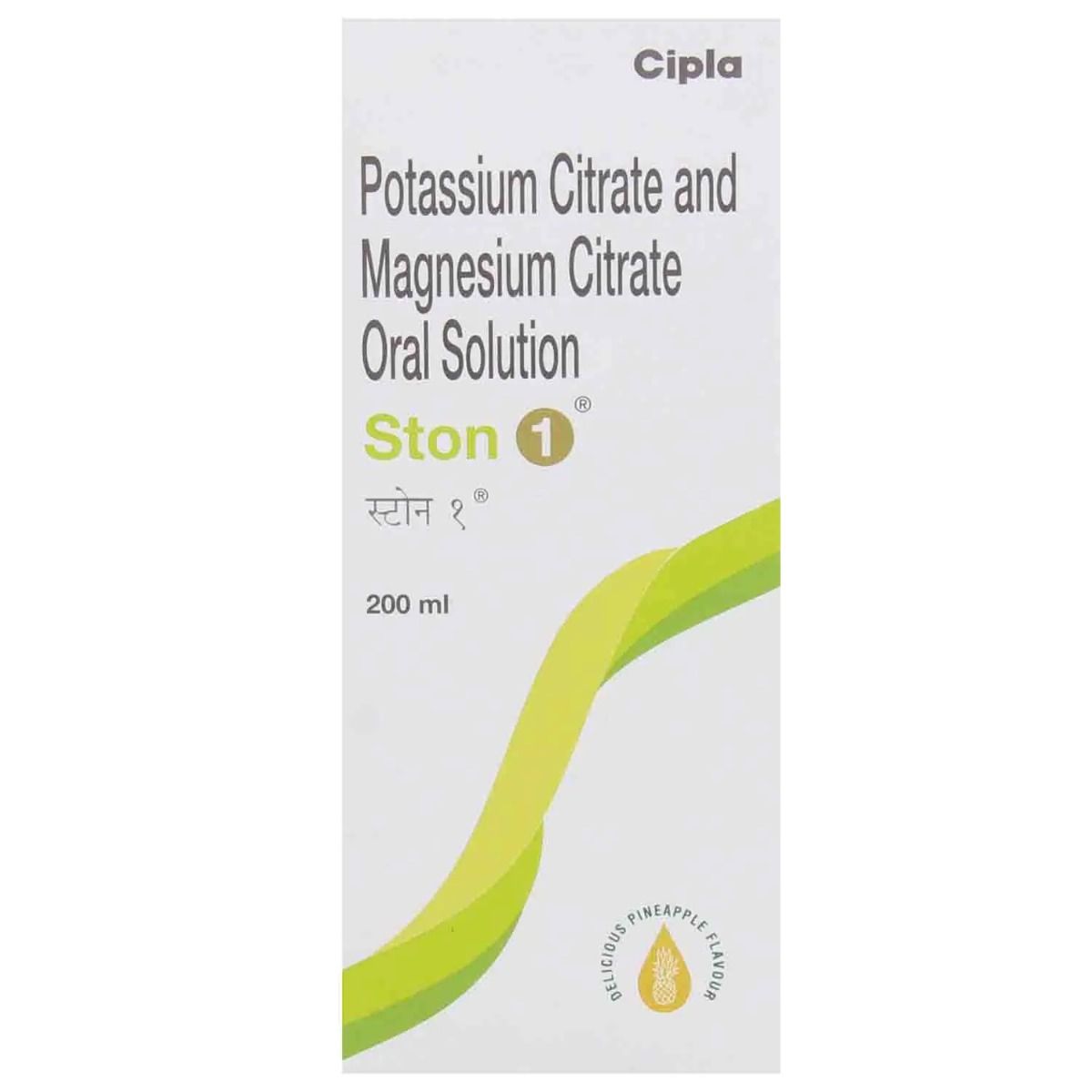Trisodium Citrate
About Trisodium Citrate
Trisodium Citrate is used as an anticoagulant solution to reduce the risk of infection and prevent the formation of thrombus within the catheter. It is recommended for patients with central venous catheters. Central venous catheters are thin tubes inserted into large veins to administer medications, fluids, or blood, and they are often used for long-term treatment.
Trisodium Citrate contains Trisodium Citrate (TSC). It prevents coagulation by chelation of ionized calcium in the extracorporeal circuit, which stops the activation of coagulation factors and fibrin formation. It does not cause systemic anticoagulation and also helps reduce biofilms by binding to calcium.
A healthcare professional will administer Trisodium Citrate. Trisodium Citrate is not known to cause any side effects when used as a catheter lock. However, if the solution accidentally enters the intravenous line, it may result in paresthesia (numbness) or dysgenesis. These effects are usually linked to accidental exposure and should be monitored closely.
Trisodium Citrate is only for use as a catheter lock solution. It is contraindicated in patients who are allergic to polyhexanide or chlorhexidine, as it may trigger an anaphylactic reaction. If patients are receiving drugs through the catheter and there are known interactions with citrate or PHMA (like coagulation factor treatments), the catheter should be flushed with isotonic saline before the catheter lock procedure.
Uses of Trisodium Citrate
• Anticoagulant for apheresis: Trisodium Citrate helps maintain blood fluidity during granulocyte collection by preventing clot formation.
• Ensures safe cell separation: Trisodium Citrate supports effective separation and collection of granulocytes by reducing clotting risks during the procedure.
Medicinal Benefits
Trisodium Citrate is a catheter locking solution that prevents blood clots in any type of intravenous catheter. It contains Trisodium Citrate (TSC), which acts as an anticoagulant by chelating ionized calcium in the extracorporeal circuit, forming a soluble complex. Calcium plays an essential role in the coagulation process, and its removal by citrate prevents the activation of coagulation factors like factor X and prothrombin, thus inhibiting fibrin formation. This process does not cause systemic anticoagulation. Additionally, TSC helps reduce biofilms by binding and neutralizing calcium (Ca2+) in the surroundings.
Directions for Use
Storage
Side Effects of Trisodium Citrate
- No known side effects occur when the solution is used as a catheter lock.
- Paresthesia or dysgenesis may occur if Trisodium Citrate accidentally enters the intravenous pathway.
Drug Warnings
Trisodium Citrate should be administered only by trained personnel. It should not be injected directly into the intravenous route or mixed with an infusion. Always verify the correct catheter volume according to the manufacturer's guidelines. Do not exceed the recommended catheter volume. Avoid contact with eyes or open wounds. It is contraindicated in patients who are allergic to polyhexanide or chlorhexidine, as it may trigger an anaphylactic reaction. Trisodium Citrate should not be re-sterilized or used after its expiration date. Always use proper aseptic techniques when applying the locking solution to prevent introducing infection into the catheter.
Drug Interactions
Drug-Drug Interactions: No interactions found/established.
Drug-Food Interactions: No interactions found/established.
Drug-Disease Interactions: No interactions found/established.
Drug-Drug Interactions Checker List:
Safety Advice

Alcohol
not applicable-

Pregnancy
not applicable-

Breast Feeding
not applicable-

Driving
not applicable-

Liver
not applicable-

Kidney
not applicable-

Children
cautionThe safety and effectiveness of Trisodium Citrate for children have not been established.
Habit Forming
Patients Concern
Disease/Condition Glossary
Trisodium Citrate is used as a catheter locking solution that prevents blood clots in any type of intravenous catheter. It helps keep the catheter clear by preventing clot formation inside the lumen, reducing the need for catheter replacement. It provides an effective locking mechanism without heparin, offering a safer option for patients at risk of heparin-induced thrombocytopenia (HIT).
FAQs
Trisodium Citrate is used as a catheter locking solution that prevents blood clots in any type of intravenous catheter. It helps keep the catheter clear by preventing clot formation inside the lumen, reducing the need for catheter replacement. It provides an effective locking mechanism without heparin, offering a safer option for patients at risk of heparin-induced thrombocytopenia (HIT).
Trisodium Citrate contains Trisodium Citrate (TSC). It prevents coagulation by binding ionized calcium in the extracorporeal circuit, which stops the activation of coagulation factors and fibrin formation. It does not cause systemic anticoagulation and also helps reduce biofilms by binding calcium in the surrounding.
Trisodium Citrate is generally used after each catheter use. However, your healthcare provider will decide the exact frequency based on your treatment requirements.
If you are allergic to sodium citrate or any other ingredient in the solution, it is important to consult your doctor. They will help identify an alternative treatment that is safe for you, ensuring that you receive appropriate care while avoiding any allergic reactions. Always tell your healthcare provider about any known allergies before starting a new medication.
Trisodium Citrate is suitable for central venous and dialysis catheters. It should not be used with arterial catheters or in situations not recommended by your healthcare provider.
If the catheter becomes blocked, contact your healthcare provider for assessment and possible treatment to restore its function. They may suggest alternative therapies or recommend catheter removal and replacement.
Trisodium Citrate is intended only for use as a catheter lock solution. It should not be administered through direct intravenous injection or mixed with an infusion. Proper use is essential to ensure the effectiveness and safety of the treatment.










